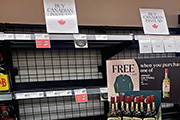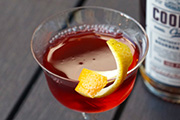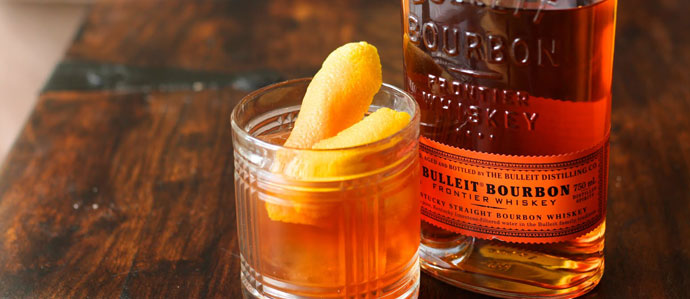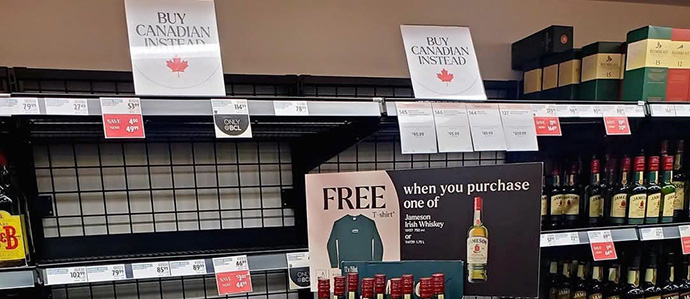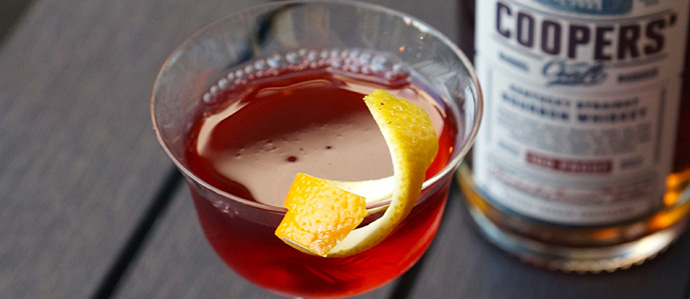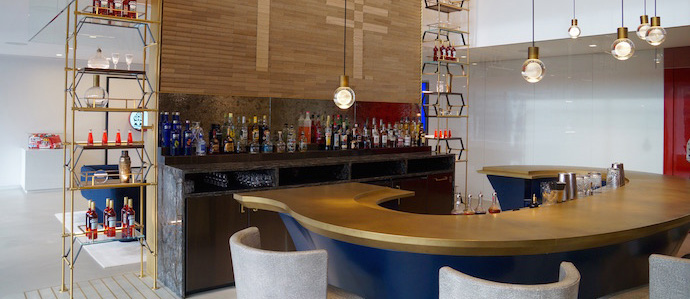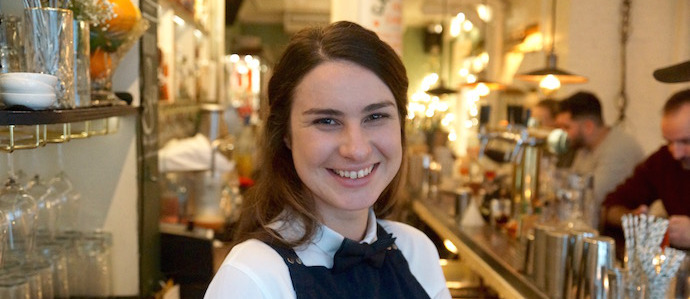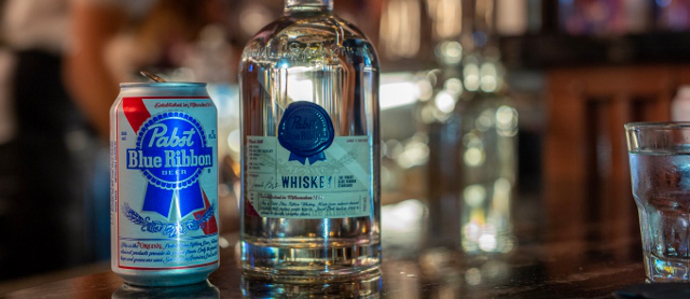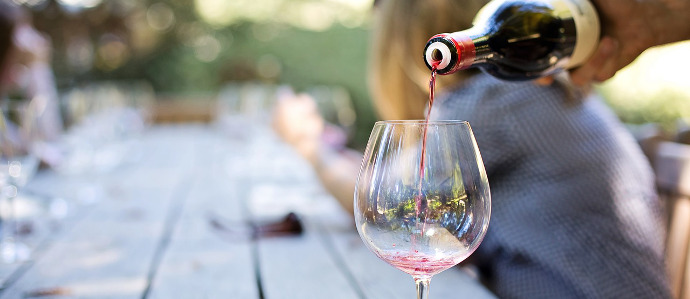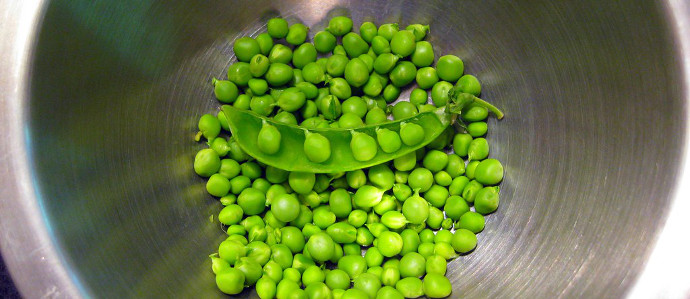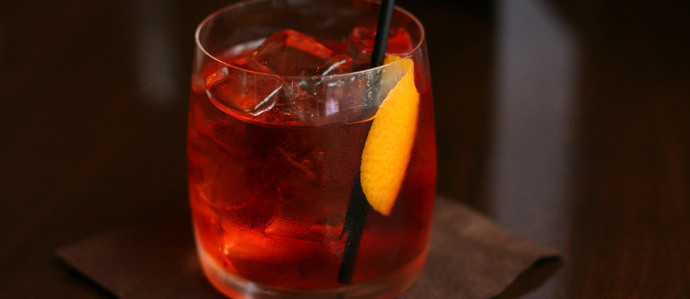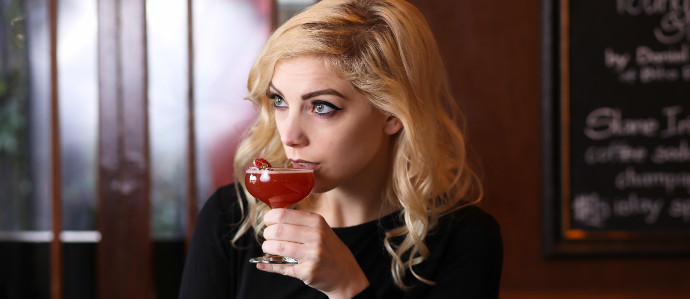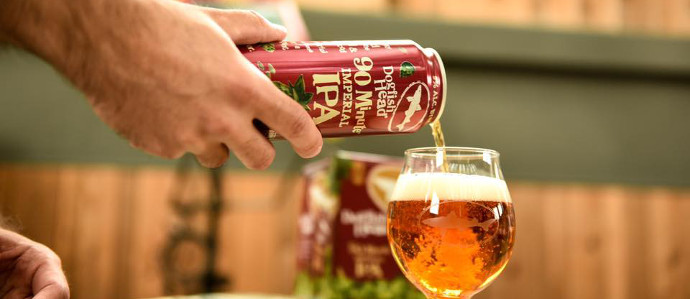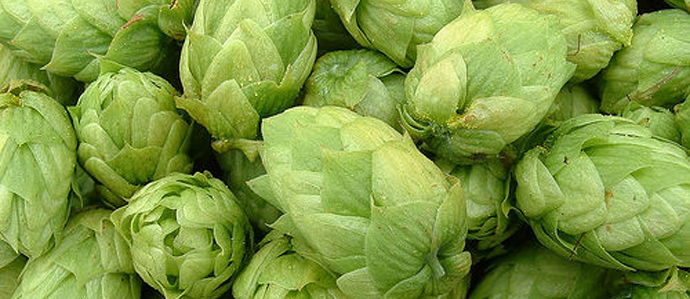
With the economy the way it is, folks are having to reconsider the luxury items they purchase. If the thought of buying less desirable (but cheaper) beer is not a favorable option, then here's a better suggestion: homebrewing!
It’s affordable, a ton of fun, and a 5 gallon batch can yield 50+ bottles of some fine-tasting suds you’ll be proud to share with your friends. Today, I won't be talking about a “step-by-step” so much as a “how-to” on getting the ball rolling on your amateur beer career in the kitchen.
First, a bit of history!
In early 1979, Jimmy Carter signed legislation repealing federal restrictions on brewing beer in the home, restrictions that lingered on the books for nearly 50 years after the repeal of the Volstead Act by the 21st amendment. Each individual in the household over 21 years of age is permitted to brew up to 100 gallons of beer a year! This beer is intended to be enjoyed with friends and family. Any attempt to sell it will not be looked upon favorably by the Liquor Control Board, nor will it land you a role on Boardwalk Empire.
Getting started requires a modest amount of money and equipment. A stop by Philly’s own Home Sweet Homebrew or Barry’s Homebrew Outlet is a good start. Each can provide you with preassembled kits that include fermenting buckets, carboys, hoses, and bottling equipment, as well as nice little “getting-started” pamphlets that make your first batch a breeze. A three to five gallon stockpot is also required for your boil.
For beginners, “extract” batches are the way to go and can be purchased pre-assembled, with extract, hops, and yeast all included to form a particular beer style. The malt extract comes either dry or in syrup form. With extract batches, the “mashing” process has already been done for you, meaning the syrup or powder is already made up of fermentable sugars and is ready to make sweet wort (unfermented beer) in the boil.
Note: When ready, the homebrewer can graduate to an “all-grain” process, in which the grains are steeped to activate the enzymes that convert starches to fermentable sugars. This process is a little more labor intensive and will require additional equipment, but is also most akin to what your favorite production brewer does.
So go ahead and get brewing! The books, stores, and online forums available to help you are endless. Stop by one of the shops listed above for reading material and to ask questions about getting started. After three to five weeks of fermentation and conditioning, you’ll be the friend everyone wants to stop by and see!
Joel lives is South Philly with his wife. Besides exploring the great bar and beer scene in Philly, he also enjoys cycling and listening to records. He currently is a Wash Cyclist for Wash Cycle Laundry.
Related Articles:
Feedback
The Drink Nation Presents: The Home Bar Project
Have you ever dreamed of having an amazing home bar, filled with bottles you actually use and the tools you need to execute a fine crafted cocktail? E...read more ›
Canada's Next Level Response to Tariffs Removes All U.S. Wine & Spirits From the Shelves
Part of Canada's response, their retaliation, to the tariffs imposed o...read more ›
The History of The Boulevardier Cocktail - and How You Can Make it at Home
In this history segment, we take a closer look at a classic cocktail: The Boulevardier....read more ›
Behind the Bar: Liana Oster of Dante
For this exciting installment of Behind the Bar, we had the incredible opportunity to sit down with Liana Oster, the head bartender at Dante in New Yo...read more ›
Pabst Blue Ribbon Launches Blue Ribbon Whiskey in Select US Markets
PBR has launched their own whiskey. Let's keep an open mind and see what is inside this bottle....read more ›
The Master Sommelier Scandal is Now the Subject of a New Investigative Series
There's a new investigative series about one of the biggest scandals to ever hit the wine world....read more ›
Using Peas to Make Gin Might Lead to More Environmentally Friendly Spirits, Studies Show
Scientists may have discovered a more environmentally friendly way to make one of the world's most popular spi...read more ›
Drink a Classic Cocktail for a Good Cause During Negroni Week, June 24-30
Negroni Week 2019 is June 24-30, so drink this classic cocktail for a good cause....read more ›
What to Do if Your Uber, Lyft, or Cab Driver Ever Strays From Your Destination or Makes You Feel in Danger
If you're taking an Uber, Lyft, or cab and feel unsafe, there are steps you can take to protect yourself....read more ›
Behind the Bar: Kat Corbo of The Study & Winner of Speed Rack 2019
This time on Behind the Bar, we spoke to Kat Corbo of The Study, who recently won Speed Rack 2019....read more ›
Boston Beer & Dogfish Head Have Merged in a $300 Million Deal
In a huge move for the American craft beer community, Boston Beer and Dogfish Head have agreed to a merger valued at $300 million dollars. ...read more ›




